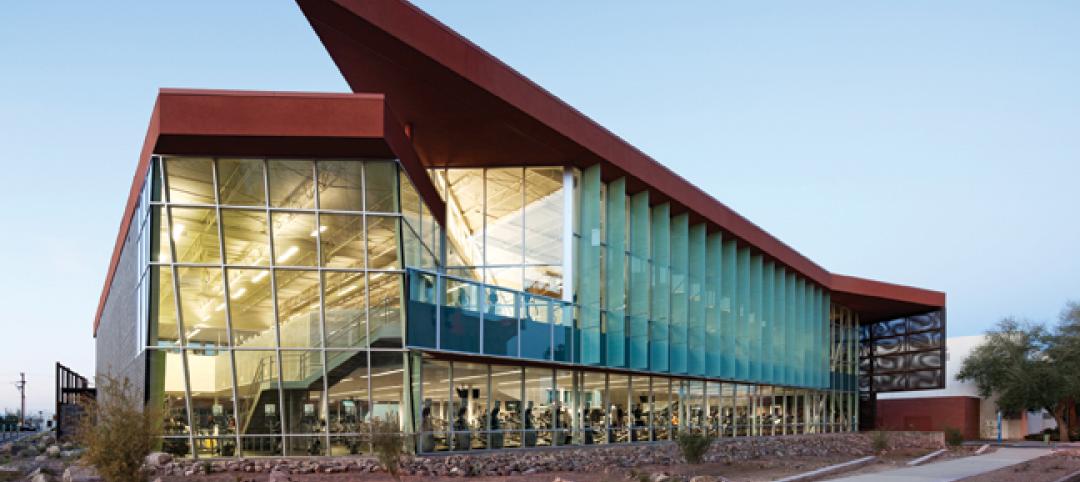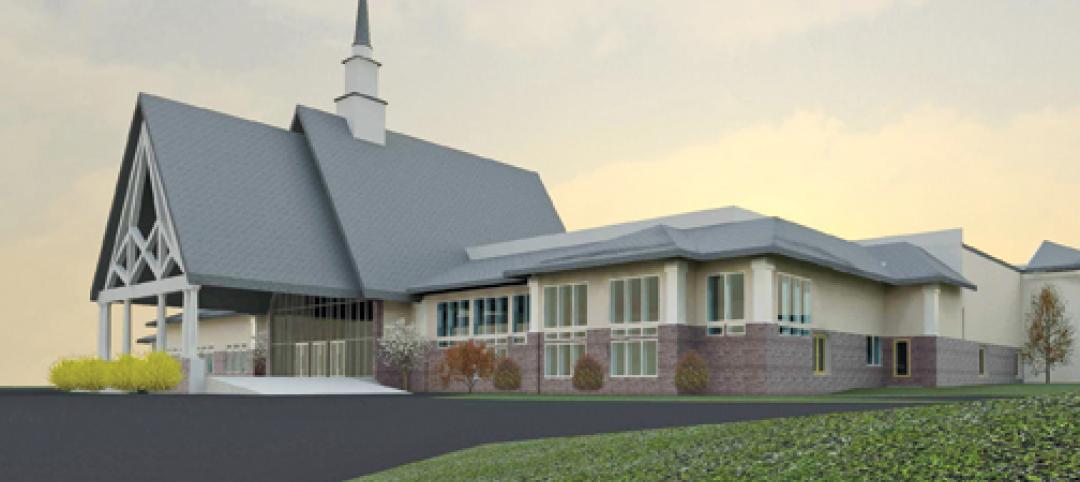The U.S. construction industry added 48,000 jobs in December, including 22,800 jobs in nonresidential construction, according to the Bureau of Labor Statistics (BLS) preliminary estimate released Jan. 9.
November's estimate was unchanged in this release, remaining at 20,000 net new construction jobs, but nonresidential construction's November jobs figure was upwardly revised to 7,100 jobs.
"The U.S. economy added an average of 289,000 jobs per month during the final three months of 2014, indicating that momentum is surging as we transition into 2015," said Associated Builders and Contractors Chief Economist Anirban Basu. "This represents good news for the construction industry in 2015 and perhaps beyond, particularly with respect to office construction, retail construction, and other segments that benefit directly from accelerating job growth and decreasing unemployment. Overall, the economy has built steady momentum since the end of last winter adding an average of 246,000 jobs per month in 2014, an increase of more than 50,000 jobs added per month compared to 2013."
According to the BLS household survey, the national unemployment rate fell to 5.6% in December. This represents the lowest level of unemployment since June 2008. The declining unemployment rate is most likely a result of a labor force that shrank by 273,000 persons in December, after expanding in the previous two months. The labor force participation rate fell by 0.02% and now sits at 62.7%.
"One of the most interesting aspects of the report is that construction unemployment ended the year at 8.3 percent on a non-seasonally adjusted basis," said Basu. "While construction firm executives have been worried for years about the specter of construction skills shortages, the BLS data indicate there are plenty of people looking for jobs in construction. It is likely that many of these prospective workers lack the skills necessary to fill the openings construction firms are seeking to fill or live in areas where construction employment growth is much slower.
"Normally, high construction unemployment would imply slow rates of wage and compensation increases; however, ABC believes this is not the case," added Basu. "Because of the presence of skills mismatches, wage gains are likely to be sizeable in 2015 even in the presence of lofty rates of construction unemployment."
Construction employment for the month and the past year breaks down as follows:
• Nonresidential building construction employment expanded by 10,000 for the month and is up by 23,400 jobs, or 3.4 percent, since December 2013.
• Residential building construction employment expanded by 800 jobs in December and is up by 44,500 jobs, or 7 percent, on an annual basis.
• Nonresidential specialty trade contractors added 12,800 jobs for the month and employment in that category is up by 76,900 jobs, or 3.7 percent, from the same time one year ago.
• Residential specialty trade contractors gained 12,700 jobs in December and have added 87,600 jobs, or 5.6 percent, since December 2013.
• The heavy and civil engineering construction segment gained 11,600 jobs in December and job totals are up by 57,900, or 6.6 percent, on a year-over-year basis.
To view the previous employment report, click here.
Related Stories
| Nov 9, 2010
Designing a library? Don’t focus on books
How do you design a library when print books are no longer its core business? Turn them into massive study halls. That’s what designers did at the University of Amsterdam, where they transformed the existing 27,000-sf library into a study center—without any visible books. About 2,000 students visit the facility daily and encounter workspaces instead of stacks.
| Nov 9, 2010
Turner Construction report: Green buildings still on the agenda
Green buildings continue to be on the agenda for real estate owners, developers, and corporate owner-occupants, according to the Turner 2010 Green Building Market Barometer. Key findings: Almost 90% of respondents said it was extremely or very likely they would incorporate energy-efficiency improvements in their new construction or renovation project, and 60% expected to incorporate improvements to water efficiency, indoor environmental quality, and green materials.
| Nov 5, 2010
New Millennium’s Gary Heasley on BIM, LEED, and the nonresidential market
Gary Heasley, president of New Millennium Building Systems, Fort Wayne, Ind., and EVP of its parent company, Steel Dynamics, Inc., tells BD+C’s Robert Cassidy about the Steel Joist Manufacturer’s westward expansion, its push to create BIM tools for its products, LEED, and the outlook for the nonresidential construction market.
| Nov 3, 2010
First of three green labs opens at Iowa State University
Designed by ZGF Architects, in association with OPN Architects, the Biorenewable Research Laboratory on the Ames campus of Iowa State University is the first of three projects completed as part of the school’s Biorenewables Complex. The 71,800-sf LEED Gold project is one of three wings that will make up the 210,000-sf complex.
| Nov 3, 2010
Park’s green education center a lesson in sustainability
The new Cantigny Outdoor Education Center, located within the 500-acre Cantigny Park in Wheaton, Ill., earned LEED Silver. Designed by DLA Architects, the 3,100-sf multipurpose center will serve patrons of the park’s golf courses, museums, and display garden, one of the largest such gardens in the Midwest.
| Nov 3, 2010
Public works complex gets eco-friendly addition
The renovation and expansion of the public works operations facility in Wilmette, Ill., including a 5,000-sf addition that houses administrative and engineering offices, locker rooms, and a lunch room/meeting room, is seeking LEED Gold certification.
| Nov 3, 2010
Sailing center sets course for energy efficiency, sustainability
The Milwaukee (Wis.) Community Sailing Center’s new facility on Lake Michigan counts a geothermal heating and cooling system among its sustainable features. The facility was designed for the nonprofit instructional sailing organization with energy efficiency and low operating costs in mind.
| Nov 3, 2010
Seattle University’s expanded library trying for LEED Gold
Pfeiffer Partners Architects, in collaboration with Mithun Architects, programmed, planned, and designed the $55 million renovation and expansion of Lemieux Library and McGoldrick Learning Commons at Seattle University. The LEED-Gold-designed facility’s green features include daylighting, sustainable and recycled materials, and a rain garden.
| Nov 3, 2010
Recreation center targets student health, earns LEED Platinum
Not only is the student recreation center at the University of Arizona, Tucson, the hub of student life but its new 54,000-sf addition is also super-green, having recently attained LEED Platinum certification.
| Nov 3, 2010
New church in Connecticut will serve a growing congregation
Tocci Building Companies will start digging next June for the Black Rock Congregational Church in Fairfield, Conn. Designed by Wiles Architects, the 103,000-sf multiuse facility will feature a 900-person worship center with tiered stadium seating, a children’s worship center, a chapel, an auditorium, a gymnasium, educational space, administrative offices, commercial kitchen, and a welcome center with library and lounge.
















